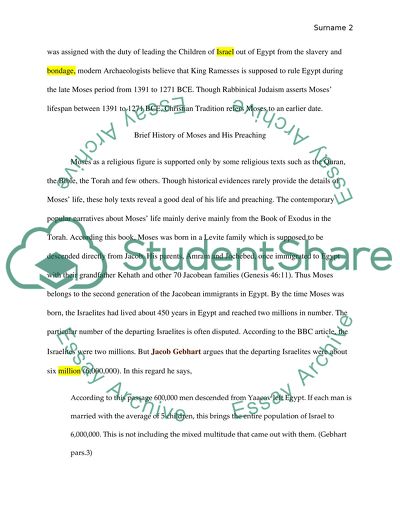Cite this document
(“Life of Moses Dissertation Example | Topics and Well Written Essays - 2000 words”, n.d.)
Life of Moses Dissertation Example | Topics and Well Written Essays - 2000 words. Retrieved from https://studentshare.org/religion-and-theology/1459565-life-of-moses
Life of Moses Dissertation Example | Topics and Well Written Essays - 2000 words. Retrieved from https://studentshare.org/religion-and-theology/1459565-life-of-moses
(Life of Moses Dissertation Example | Topics and Well Written Essays - 2000 Words)
Life of Moses Dissertation Example | Topics and Well Written Essays - 2000 Words. https://studentshare.org/religion-and-theology/1459565-life-of-moses.
Life of Moses Dissertation Example | Topics and Well Written Essays - 2000 Words. https://studentshare.org/religion-and-theology/1459565-life-of-moses.
“Life of Moses Dissertation Example | Topics and Well Written Essays - 2000 Words”, n.d. https://studentshare.org/religion-and-theology/1459565-life-of-moses.


